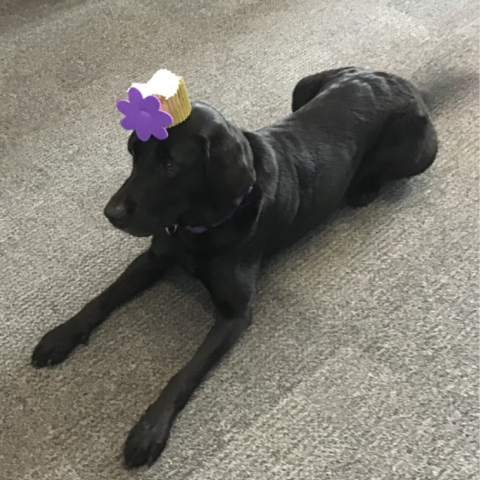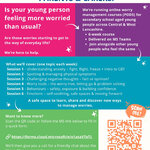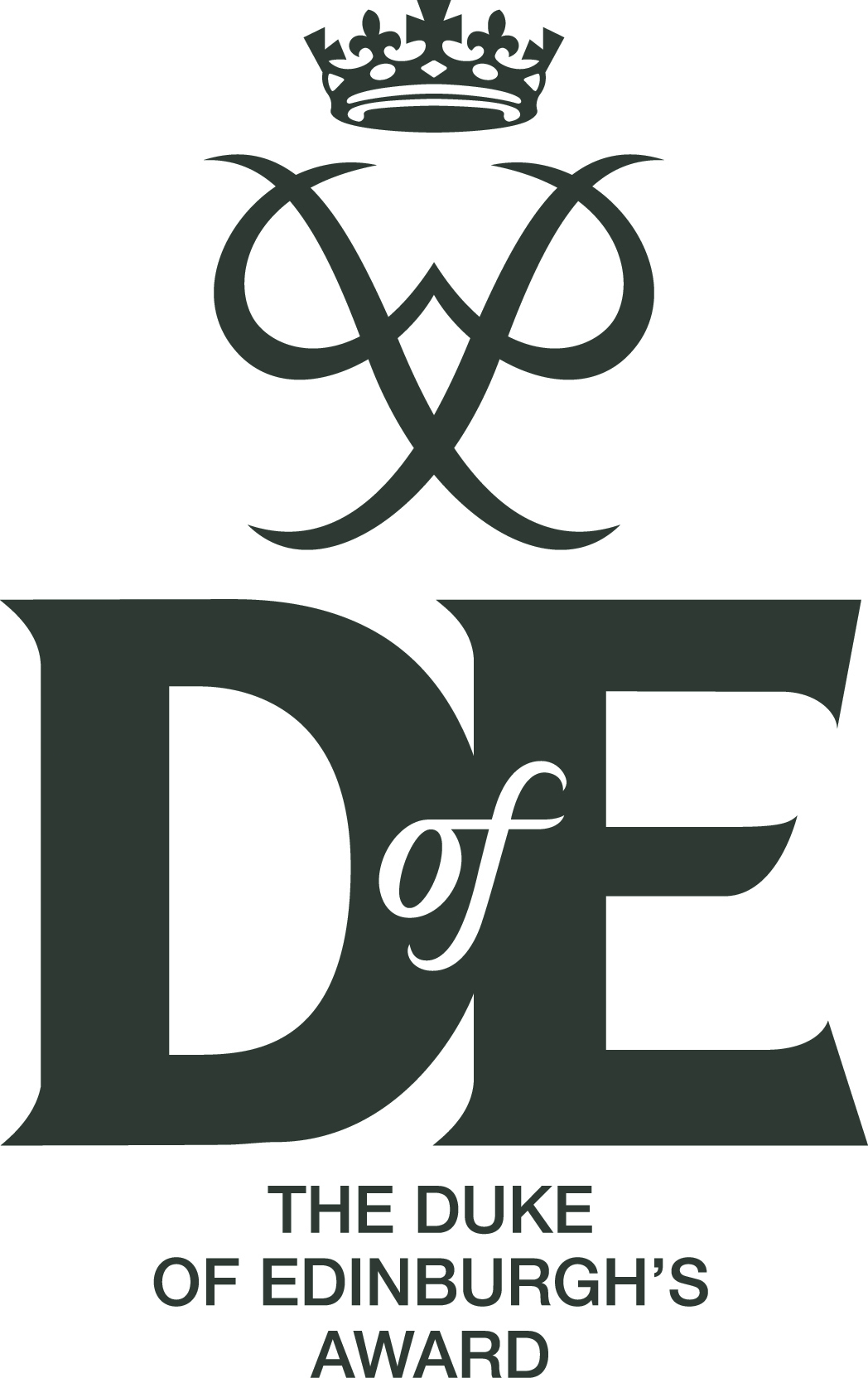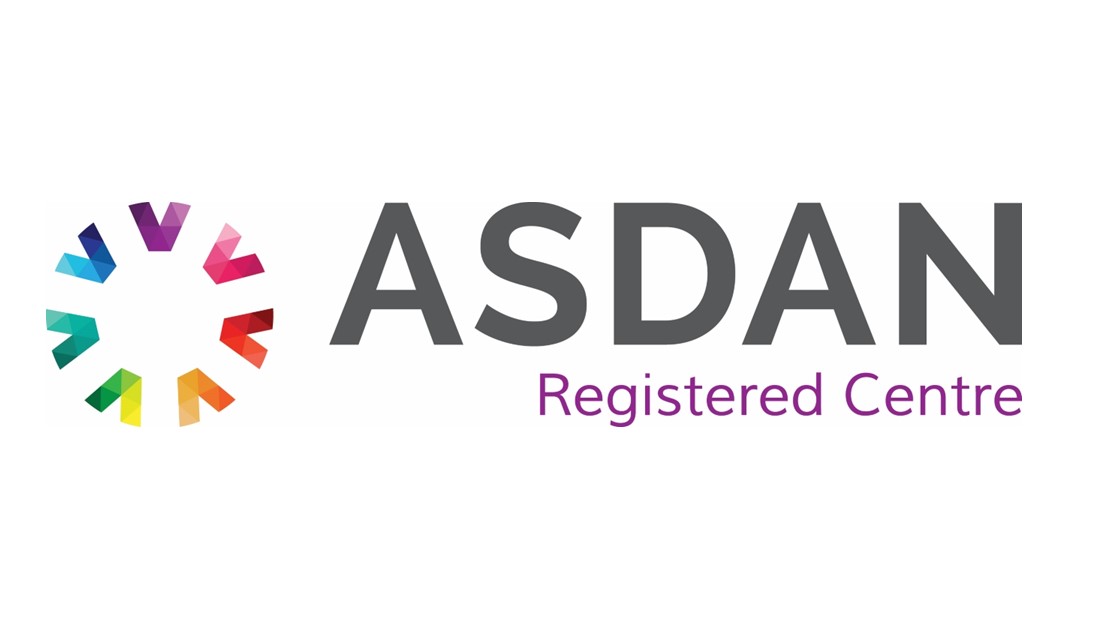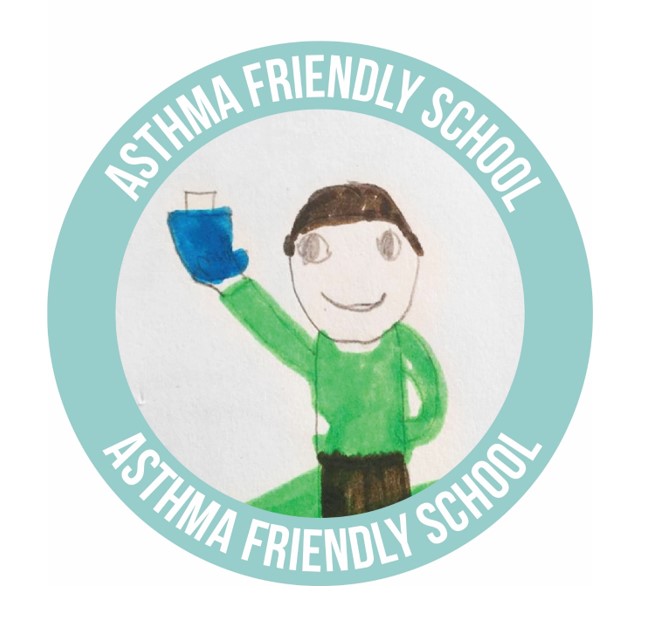Animal Therapy
Having animals in school, with the appropriate calm temperament, can make a hugely positive impact on the children at Hope High School; not only can they be a sensitive, listening companion but they can also be that calming influence that helps our children at times when they need it. Animals are being used in therapy around the world, and they are recognised as being especially helpful with children who struggle with social, emotional and behavioural issues.
Whether the animal is being read to, or just being there for a pupil, therapy pets can be a wonderful addition to any school.
Ways in which therapy animals can help in school:
- Improved academic achievement
- Increase in literacy skills
- Calm behaviour down
- Increase in social skills and self esteem
- Increased confidence
- Teaching responsibility and respect to all life
- Motivating children who are often not that attentive within classroom environments
Hope High School's therapy dog ‘Millie’ lives with the school's Headteacher, Mrs Dunbavin, and her family.
Our Guinea Pigs (Diesel, Romeo and Malteser), live in our Willow intervention room and are looked after by our Animal Therapist.
Millie & our guinea pigs regularly visit the vet for check-ups. In addition to the 4 key reasons for our animals joining us outlined in the purpose we also believe they will improve the children’s abilities within the school’s core ethos and help to improve and secure pupil outcomes.
Purpose
1.Animals teach children responsibility. Having to remember to feed, provide water and show support for an animal can give children a sense of importance and satisfaction that they can’t get from school or other chores. The relationship that develops can be life-changing for a child and a great support system as they themselves continue to grow and develop.
2. Animals teach children patience. Animals do not always do as they are told first time!
3. Animals teach children compassion. Just like humans, animals feel emotion and pain. They are prone to injuries and the infirmities of age during their relatively short lives.
4. Animals teach children about socialisation. Like most of us, dogs and guinea pigs are social animals who enjoy and need attention and affection. By learning how to interact with our pets, children can learn how to better socialise with other children. If they can learn the social cues of an animal, then interacting with humans who can talk will be a walk in the park (pun intended).
Please click here to access the Therapy dogs in school Risk Assessment
Hope High Therapy Animals

